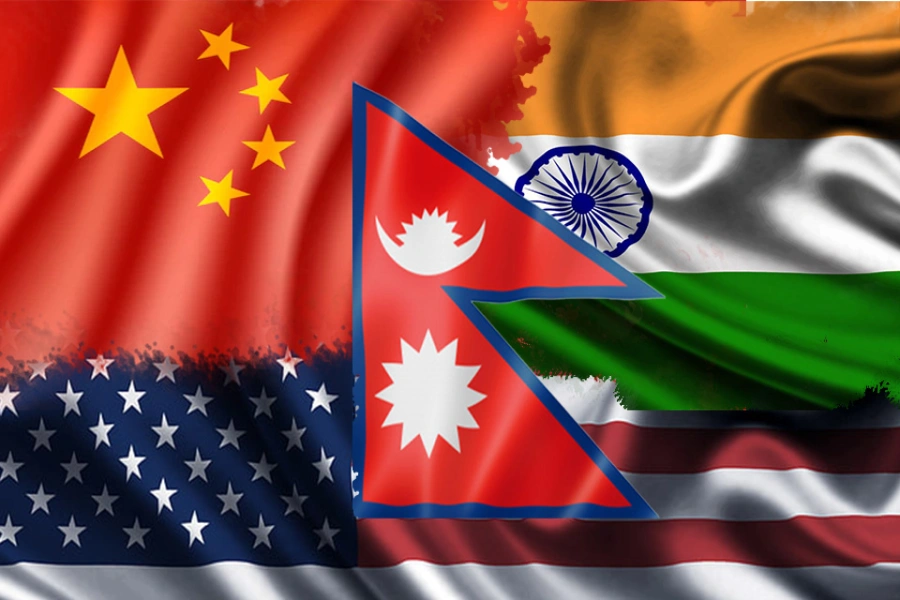KATHMANDU, Dec 4: At a time when the Ministry of Commerce has proposed to discourage import of nine products, mostly luxury goods, to narrow down widening trade deficit, economists have suggested that the government move ahead wisely to get expected result rather than just making it an act of market intervention.
They also said that any intervention must be for getting long-term goals rather than giving a knee-jerk reaction and that such move should be justifiable.
Commerce secretary Chandra Ghimire, last week, unveiled a list of nine products, which includes products ranging from energy drinks to motor vehicles, for discouraging their imports to arrest the widening trade deficit.
Alarmed with widening trade deficit amid slow remittances growth, Secretary Ghimire last week proposed to reduce import of energy drinks, soft drinks, alcoholic drinks, tobacco products, mobile phones, gold and silver, and vehicles at a secretary-level meeting held in Kathmandu on November 26.
Four industries of Nepal produced goods worth Rs 1.2 trillion o...

The Ministry of Commerce is also preparing to table a white paper to explain the current situation of county's trade deficit and recommend actions to be taken to cope with it. The white paper, which is expected to be unveiled within few weeks, will also chart out things-to-do by concerned ministries and departments for a coordinated effort for boosting exports and narrowing down trade imbalance, according to Ghimire.
Economists agree that the economy may be on the verge of facing a crisis anytime soon and that such preventive measures might be a wise plan to cope with such crisis. It may handle the issue properly, they say. They also say that the government should encourage domestic industrialists to manufacture goods which are being imported in large volumes.
“The government should first properly assess the current situation. If something uncomfortable is happening in the near future, such measures can be justifiable,” Pramod Rijal, a senior economist at the Institute for Integrated Development Studies, told Republica.
IIDS is a research institute affiliated to the Kathmandu University.
The measures of such preparedness for managing balance of payment can also be justifiable because the country may have to afford for more essential things like medicines, fossil fuels and others in place of luxurious goods in case anything worse happens, added Rijal.
Talking to Republica, Economist Keshav Acharya, who also served as the economic advisor at the Ministry of Finance between 2009 and 2011, also said that these measures are justifiable if the country's BoP situation is facing problem. Such measures are also accepted by the World Trade Organization (WTO), he said.
“However, such intervention must be to bring reforms in administration or use the tool of taxation to control import of such goods rather than giving a knee-jerk reaction on the issue,” said Acharya, suggesting that the government take an approach to promoting manufacturing in the long run while doing away with the service-based activities and trading. He also added that the government can fix import quota of luxury goods and increase taxes. “But implementation might be difficult in the absence of efficient and prompt customs administration and tax authorities,” he added.
The country had set a target of suppressing the export-import ratio below 1:4 when Nepal became a member of the World Trade Organization (WTO) in 2003. Such ratio has now 1:13.5. And the 14th three-year periodic plan has set a target to put trade deficit below 30 percent of GDP, or below Rs 780 billion, going by the GDP of last fiscal year. But the deficit ballooned to Rs 912 billion in Fiscal Year 2016/16 when the plan came into force.
The country has not yet seen such a crisis. But all agree that the country may soon enter into this state anytime. In the past, the government has taken similar measures for controlling consumption of gold by setting the maximum limit of import of gold per day after investors turned to gold following the real estate crisis in 2009.




































